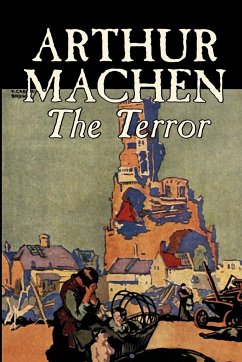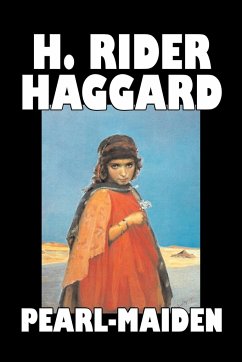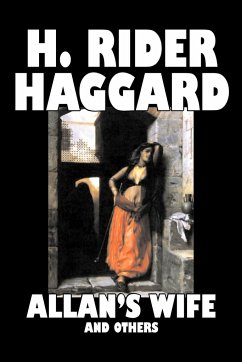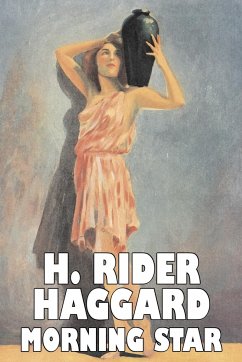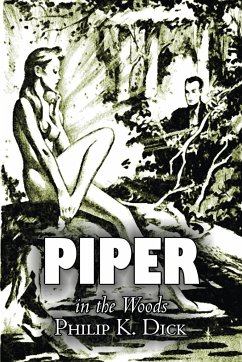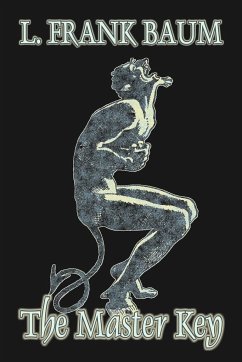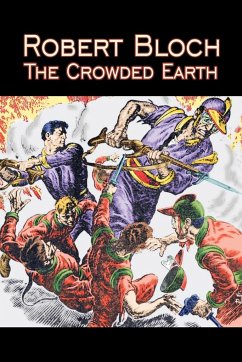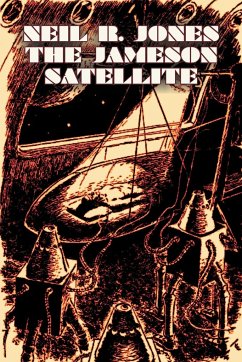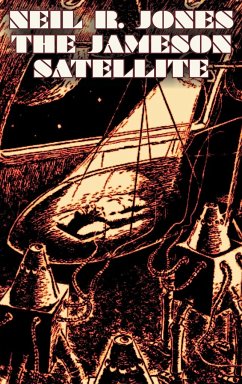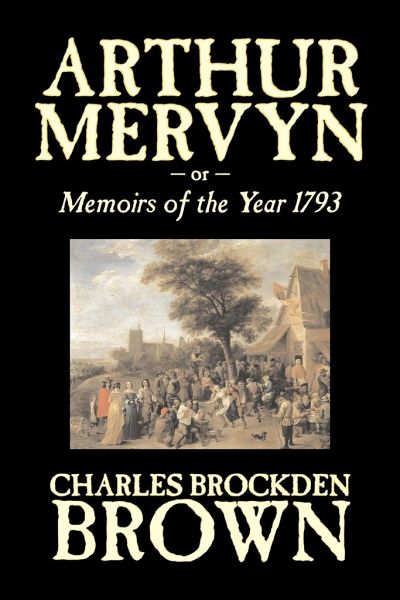
Arthur Mervyn or, Memoirs of the Year 1793 by Charles Brockden Brown, Fiction, Fantasy, Historical
Versandkostenfrei!
Versandfertig in 1-2 Wochen
21,99 €
inkl. MwSt.

PAYBACK Punkte
11 °P sammeln!
When Dr. Stevens finds a young man sitting alone in Phildelphia, he takes pity on him and invites him into his home. The young man's name is Arthur Mervyn and he is suffering from yellow fever, an illness that has swept through the city. In Dr. Stevens' care, Arthur becomes well again. Arthur is a pleasant man and they spend many hours discussing the future. However, when Mr. Whortley visits Dr. Stevens and recognizes Arthur, the serene life that was so hoped for by Arthur is brought into turmoil. For Arthur's past is not one of innocence, but one involving swindlers and lost monies.





